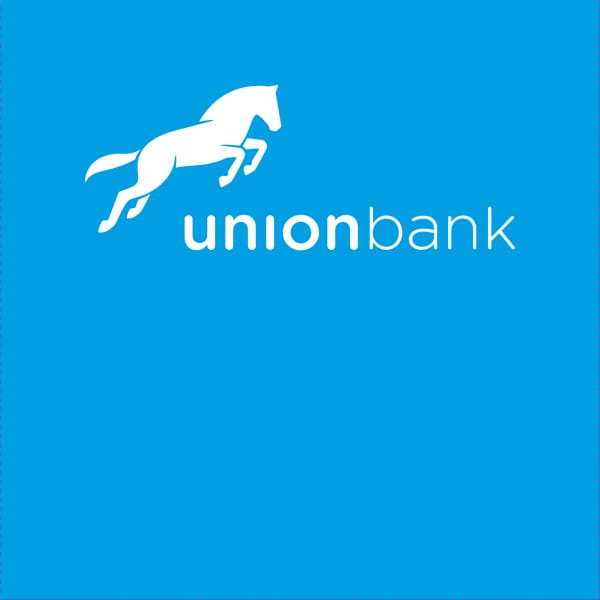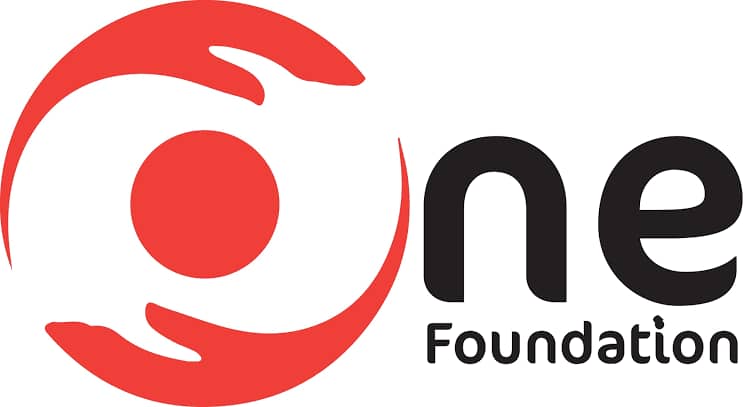Nestlé Nigeria Deepens Environmental Stewardship With Nationwide Clean-Up And Community Sensitization Initiative






The Securities and Exchange Commission (SEC) has warned Nigerians against investing in Punisher Coin, also known as Spun. In a notice on Saturday, the commission said its investigations showed that Spun is a meme coin and its promoters or issuers are not registered to operate in any capacity in the Nigerian capital market. The SEC said meme coins have no use case, value, or projects backing them.
“The attention of the Securities and Exchange Commission (“The Commission”) has been drawn to several online publications advertising an unauthorized presale of Crypto coin termed “PUNISHER COIN” aka “SPUN”,” the statement reads.
“The Commission hereby informs the public that the promoters or issuers of “PUNISHER COIN” aka “SPUN” are NOT REGISTERED to operate in any capacity in the Nigerian Capital Market, and also PUNISHER COIN ($PUN) is not approved by the Commission for issuance to the public.
“Preliminary investigations revealed that PUNISHER COIN ($PUN) is a Meme coin. Meme coins generally have no use case, intrinsic value or tangible projects backing them.
“Any attributed value to meme coin is usually linked to its promoters or the community effort which most often than not are susceptible to pump and dump schemes (a form of fraudulent activity that involves promoters spreading false or misleading information to create a buying frenzy that “pumps” up the price of a ‘coin’ and then “dumps” the coin by selling their own coins at the inflated price.”
The SEC said once the promoters dump their coins and stops hype, the coin’s price “typically falls and investors lose money”.
Accordingly, the agency advised the public to refrain from engaging in the purported presale of Punisher coin, warning that “any person who invests in the scheme, does so at his/her own risk”.
“The Commission similarly reminds the investing public of the need to always VERIFY the authenticity of crypto/virtual or digital assets, the registration status of their promoters and trading platforms via the Commission’s dedicated portal: https://home.sec.gov.ng/
The warning comes amid growing concerns over the rise of crypto-related ponzi schemes in Nigeria.
On May 1, the commission warned Nigerians against investing in tofro.com, an alleged illegal investment platform posing as a cryptocurrency trading website.
In April, some Nigerians lost their funds after investing in Crypto Bridge Exchange (CBEX), a digital trading platform.”





 LarryBravo Nwaiwu
LarryBravo Nwaiwu